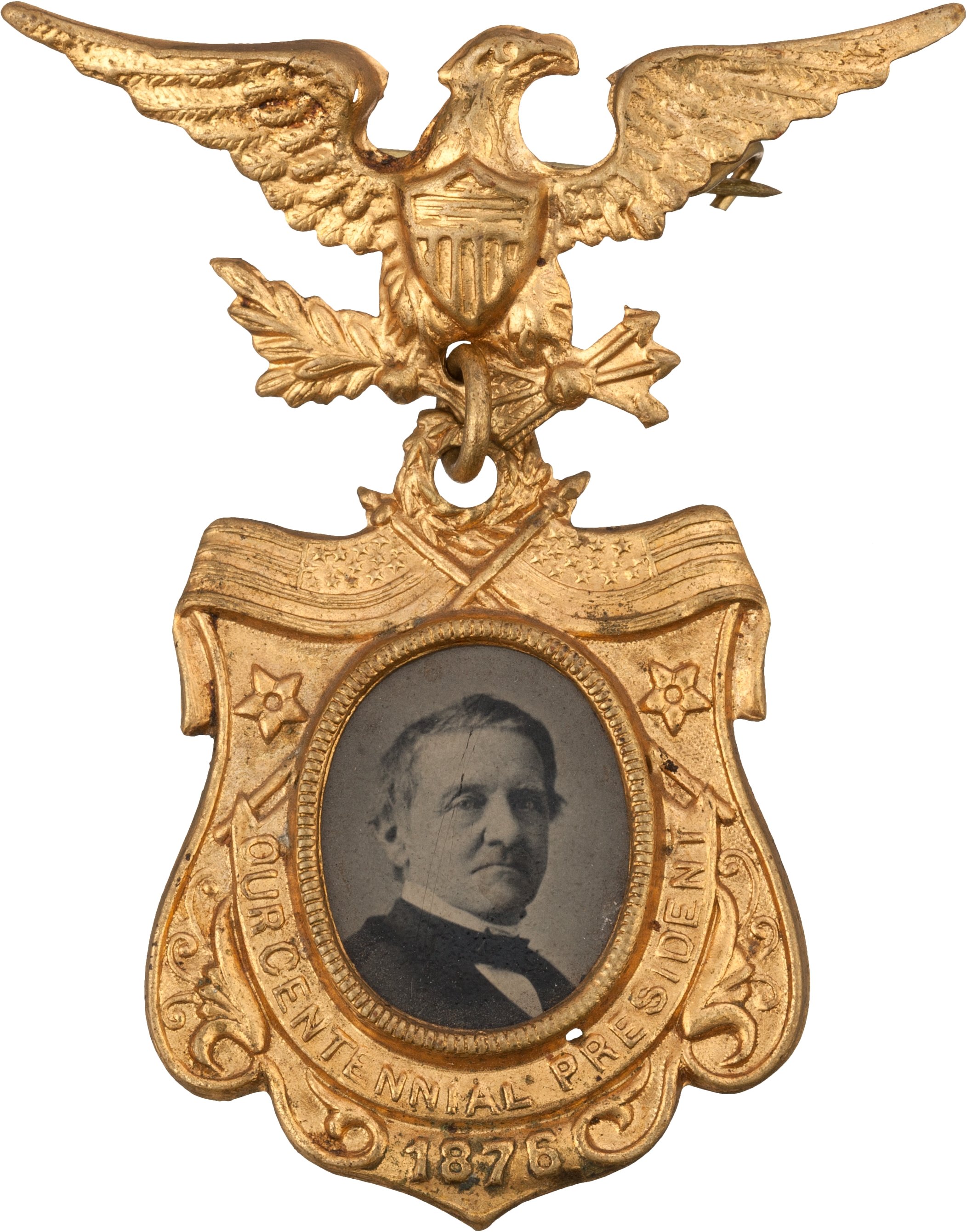
By Jim O’Neal
The 1876 presidential election fiasco involving Samuel Tilden and Rutherford Hayes was a major example in American history when “majority rule” broke down … rather badly.
Tilden ended up with 250,000 more popular votes than Hayes. However, three states – Florida, South Carolina and Louisiana (a total of 19 electoral votes) – each sent two sets of electoral votes to Congress.
Eventually, a 15-member electoral commission – with eight Republicans and seven Democrats – awarded all 19 votes (plus 1 disputed vote from Oregon) to the Republican Hayes on a straight party-line vote, 8 to 7.
Hayes won the electoral vote 185 to 184 and became president. After several filibusters and threats that “the streets will run red with blood,” tensions eased and another quasi-Civil War was averted.
Tilden passed up the opportunity to run again in 1880 (due to his health) and died a semi-reclusive bachelor at his estate in New York.
He bequeathed the bulk of his estate to a trust to establish and maintain a free library in New York City. In 1895, John Bigelow, one of Tilden’s Estate Trust Executors, came up with the novel idea of consolidating with two other struggling libraries.
The result was the New York Public Library, Astor, Lenox and Tilden Foundations … the forerunner of the New York Public Library, now second only in size to the Library of Congress.
Tilden died as another presidential also-ran, but with the unique distinction of actually winning the election before it was legislated away in plain sight of all. His tombstone bears the words: “I still trust the people.”
 Intelligent Collector blogger JIM O’NEAL is an avid collector and history buff. He is President and CEO of Frito-Lay International [retired] and earlier served as Chairman and CEO of PepsiCo Restaurants International [KFC Pizza Hut and Taco Bell].
Intelligent Collector blogger JIM O’NEAL is an avid collector and history buff. He is President and CEO of Frito-Lay International [retired] and earlier served as Chairman and CEO of PepsiCo Restaurants International [KFC Pizza Hut and Taco Bell].
